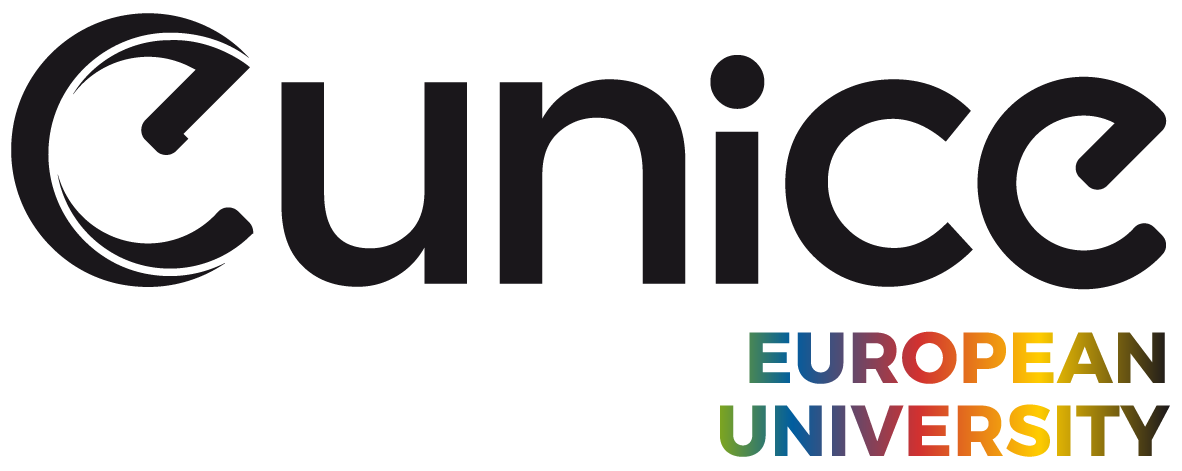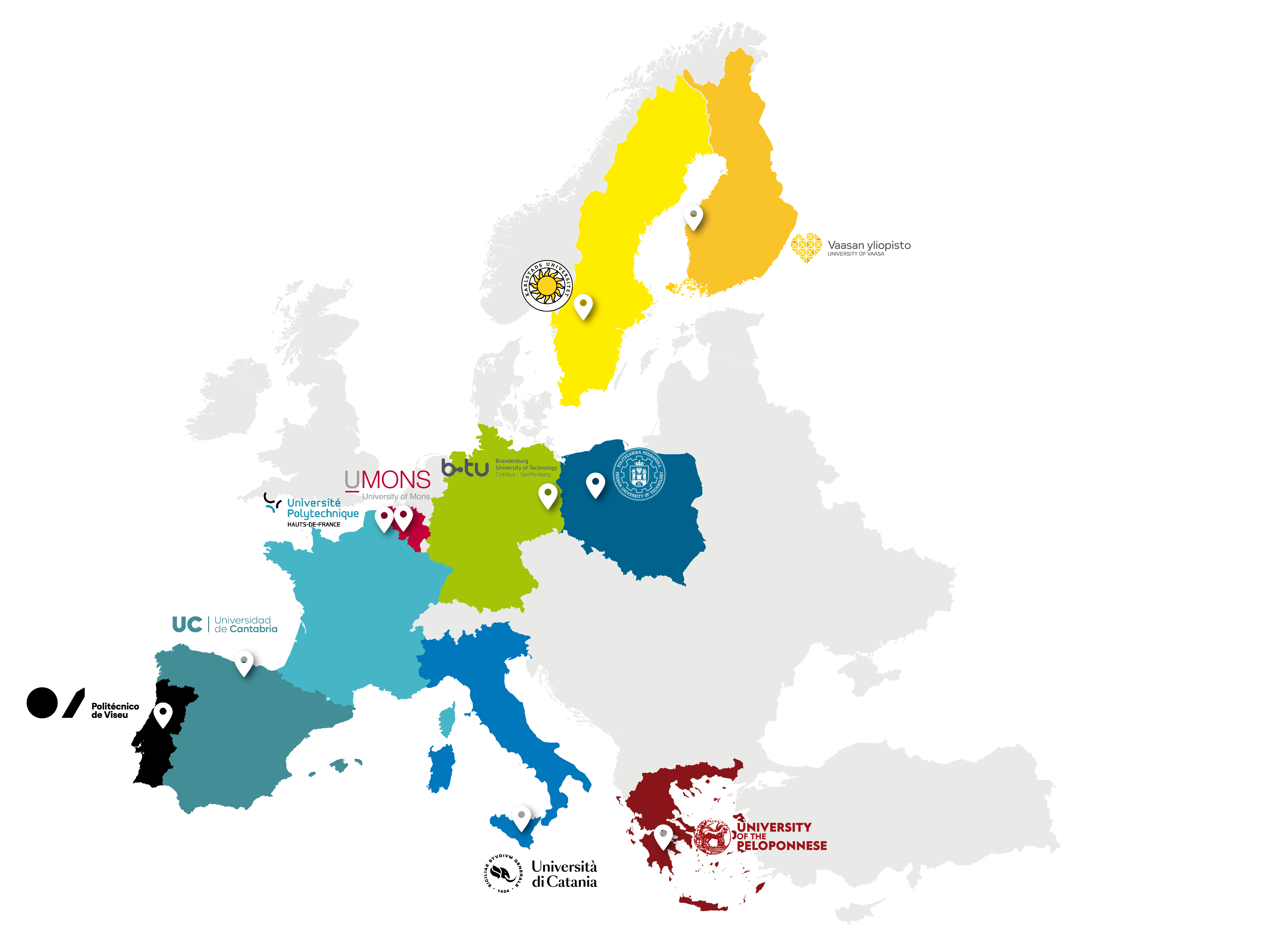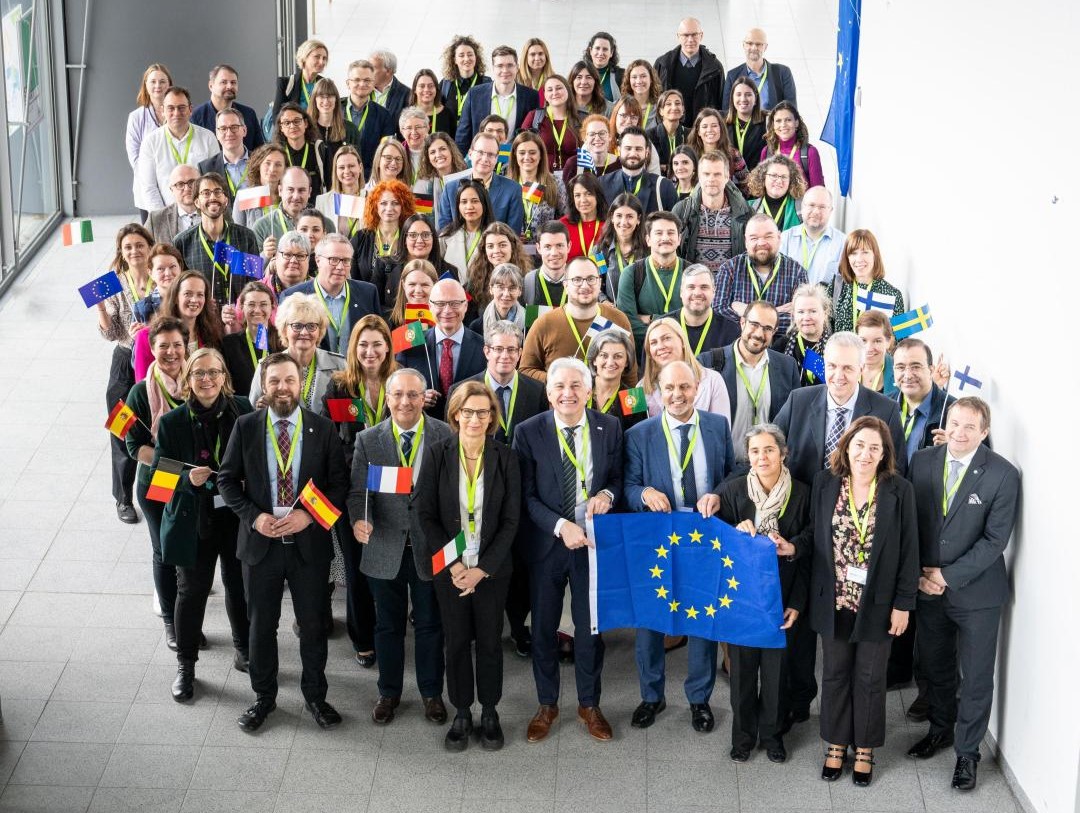
The European University for Customized Education (EUNICE) brings together ten public European universities located in all four European regions. Our partners are: Brandenburg University of Technology (BTU) - Germany, University of Cantabria (UC) - Spain, University of Catania (UNICT) - Italy, University of Mons (UMONS) - Belgium, Université Polytechnique Hauts-de-France (UPHF) - France, University of Vaasa (UVA) - Finland, and 3 new universities: Karlstad University (KU) - Sweden, University of the Peloponnese (UoP) - Greece and Polytechnic Institute of Viseu (IPV) - Portugal. This has made EUNICE cover the whole of Europe.
EUNICE partners are mostly medium-sized institutions located in cities with a good standard of living. All partner universities are not only internationally involved in leading-edge research, but are also strongly committed to training students and developing research that offers solutions to the challenges of societies and responds to their demands related to the sustainable economic development of their regions. All of EUNICE's partners are therefore firmly rooted locally, but also share European values and a global perspective.
For more information about our partners, please visit "Partner Universities".

EUNICE has been part of Poznan University of Technology for 4 years. Initially as a pilot project from October 2023, it entered its second, institutional phase, when the European Commission granted funding for the project for the next 4 years, and Poznan University of Technology retained the seat of the European University coordinator as the only public institution in Poland.
Since the project's beginning in 2020, EUNICE has undergone a number of internal changes that have clearly affected the transformation from an independent project to an institutional transformation of each partner university. One of the key steps to achieve this was the creation of its own legal entity in the form of the non-profit Association Internationale Sans But Lucratif (AISBL), which serves as the alliance's central administrative hub. This milestone in the project's activities is also complemented by the appointment of EUNICE's Secretary General in the person of Magdalena Sikorska.
EUNICE European University is first and foremost an expanded educational offer to enhance students' competencies. It includes the creation of multidisciplinary, personalized courses and programs (including MOOCs - massive open online course), available in online, onsite or hybrid formats, as well as a wide range of language courses available to all staff and students of EUNICE member universities.
Short-term student exchanges, including so-called Blended Intensive Programs, are also becoming increasingly popular. Examples include the BIPs organized by the University of Cantabria - Introduction to Global Studies and Integrated Energy Systems.
The consortium's activities also include cooperation with industry. EUNICE offers an extensive database of internships abroad for students, created in cooperation with regional companies (EIR platform - EUNICE International Internships and Research Stays Portal). On the platform, internships for students are already provided by more than 200 companies, and there are plans to further expand the offer and improve its operation to make it as student-friendly as possible.
The REUNICE project, which is a complementary project to the EUNICE European University and its scientific offshoot, has been working on platforms supporting EUNICE for nearly 3 years of its duration (the project ended in September 2024).
You can read more regarding REUNICE platforms in the REUNICE tab.

The EUNICE European University also promotes the idea of Europe's cultural diversity with academic, cultural and sports events for students and staff. At the beginning of each academic year, so-called EUNICE WEEK & DAYS are organized. In the 2022/2023 academic year, the event included online conferences addressing European issues and accompanying cultural events (concerts, chess matches). As part of these events, a volleyball tournament between students of EUNICE member universities (Alliance Games) was organized at Poznan University of Technology.
The future of the EUNICE European University appears to be an era of deeper integration, based on inter-institutional cooperation. This integration will bring with it an increase in interdisciplinarity and innovation in research, allowing European universities to respond more effectively to global challenges.